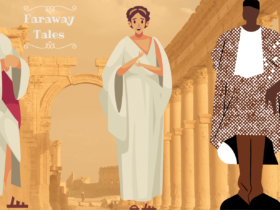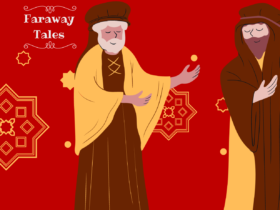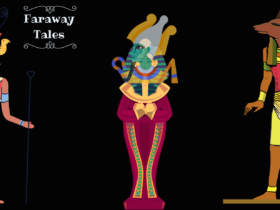Egyptians started the tradition.
The earliest known mention of a Pharoah’s birthday was in the 3000 B.C.E as stated in the Bible.
A Pharoah’s (Egyptian king) crowning date was recorded and celebrated. The day of coronation was deemed even more important than their actual birthdate.
This was the day when a Pharoah is considered to have re-birthed as a God.
The Greeks made it fun.
Another culture which celebrated the birthdays of Gods were the Greeks.
Greeks were the first to introduce cakes and candles as a tribute to their popular Goddess, Artemis.
They created moon-shaped cakes and decorated it with candles to make it pretty for her. Blowing a candle and making a wish was considered as a message to the Gods.
Celebrating Gods to celebrating men
Romans were the first people to celebrate birthdays of regular human beings and non royal figures. Friends and family gathered with a cake made of wheat flour, olive oil, cheese and honey. However, only men were privileged for this. Female birthdays were not celebrated until about the 12th century.
Industrial revolution made cakes with sugar accessible for all. Until then, sugar was a gourmet limited only to the nobles.
Birthdays were for protection.
Another school of thought states that birthday celebrations were initially thought of as a form of protection.
It was thought that a successful milestone might attract the the evil eye or the evil spirits, hence the family and friends would gather and cheer for the person.
Some Greeks believed that each person had a guardian spirit that was present on earth of the day of their birth.
The origin of the birthday song
The birthday song as we know it, is actually a remix of “Good Morning to All” song written in 1893 by two sisters, Patty Hill and Mildred J Hill, both teachers at a school in Kentucky.
A variation of this including the birthday lyrics was used in a musical in 1930.
One of the original Hill sisters sued and won the case. In fact, the copyright holds to this day.
Like (1)







Leave a Reply